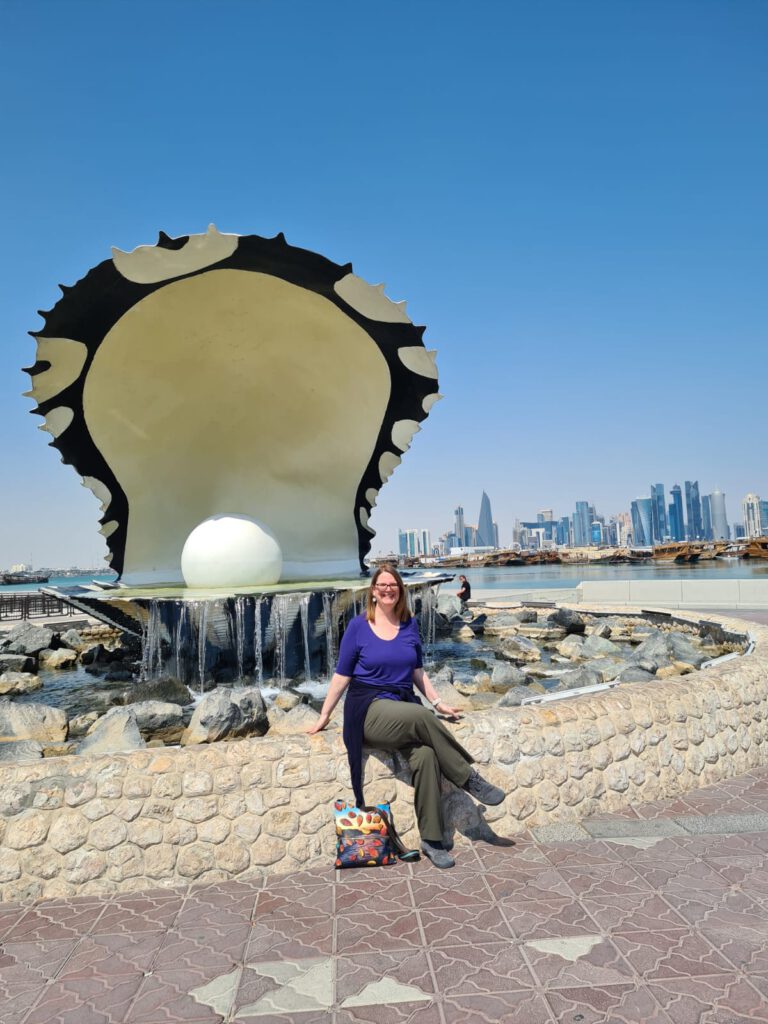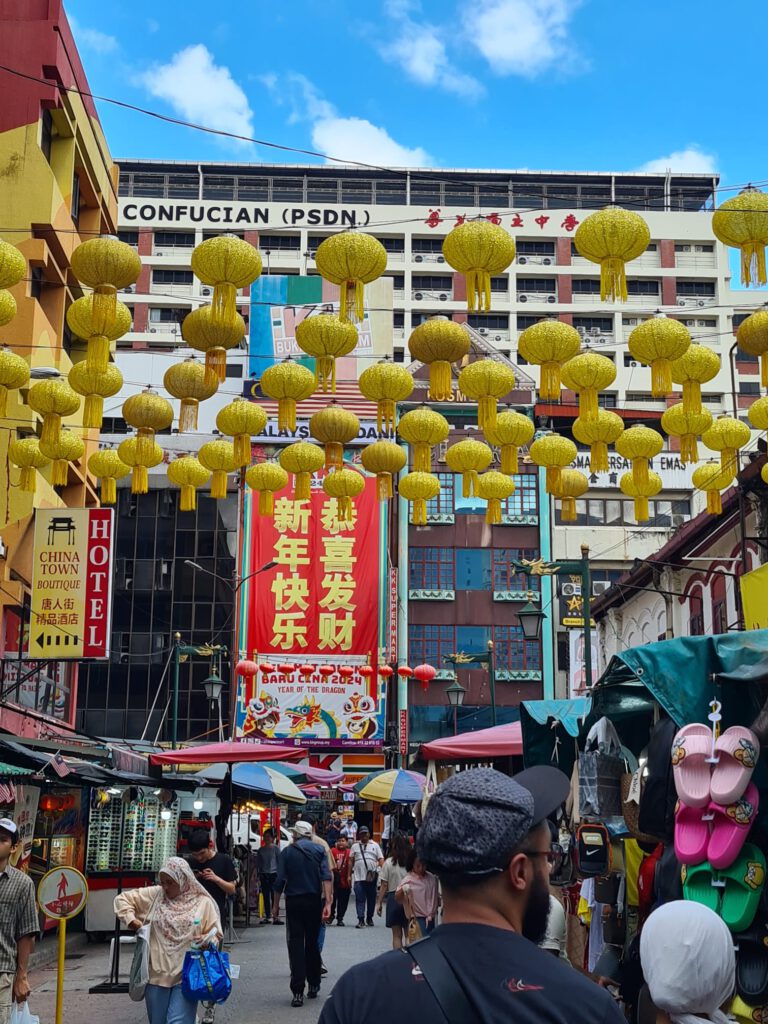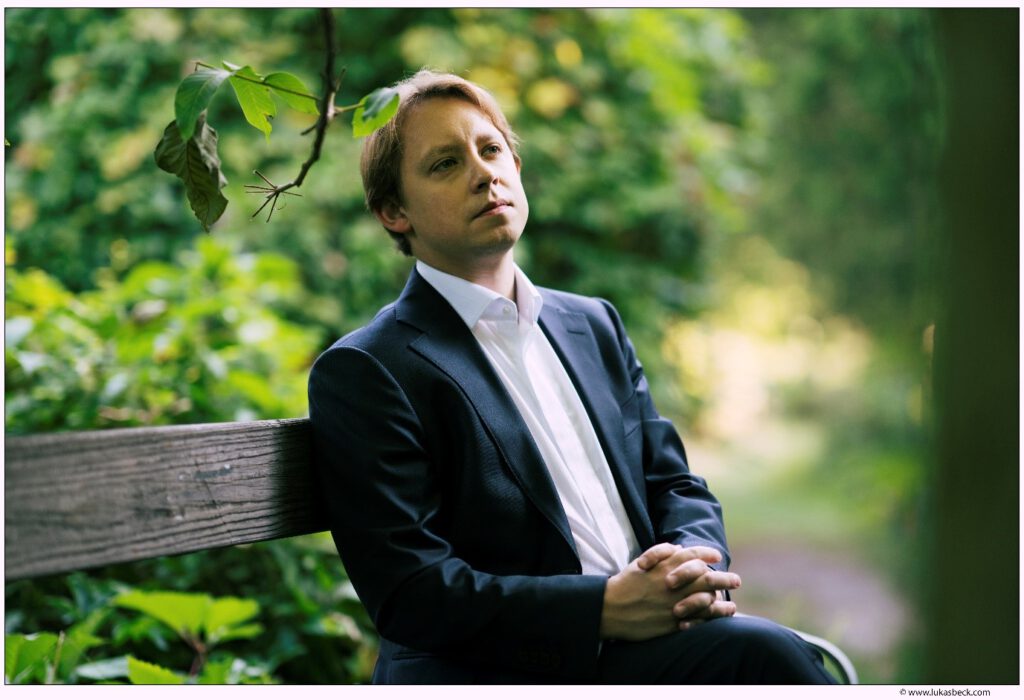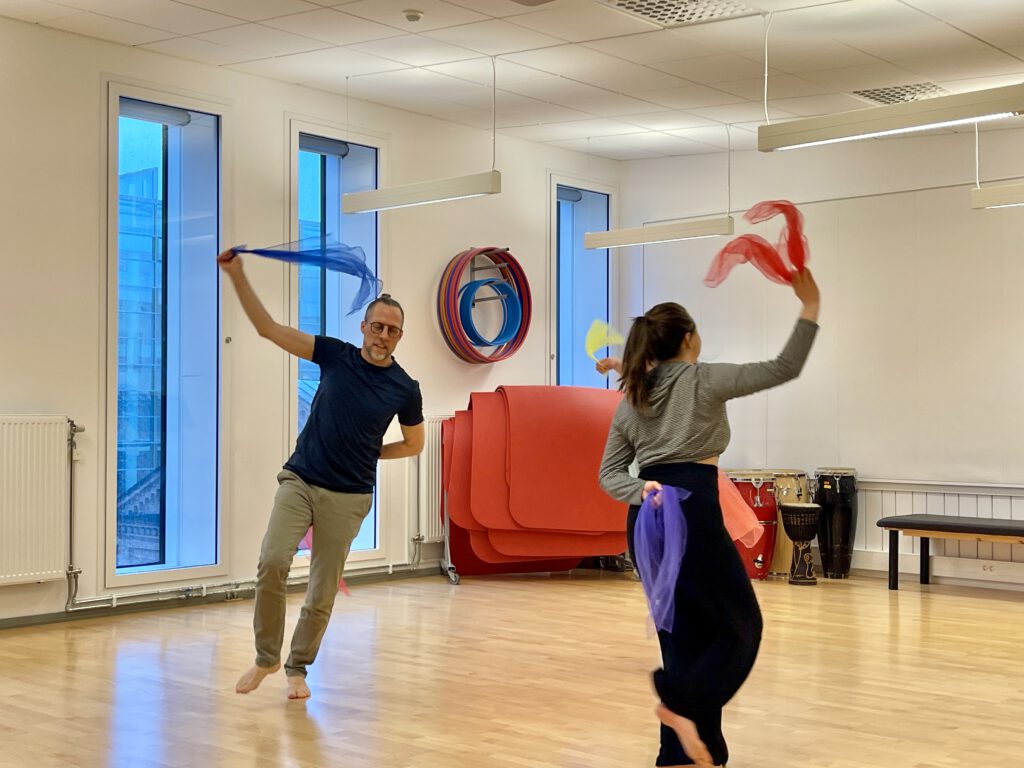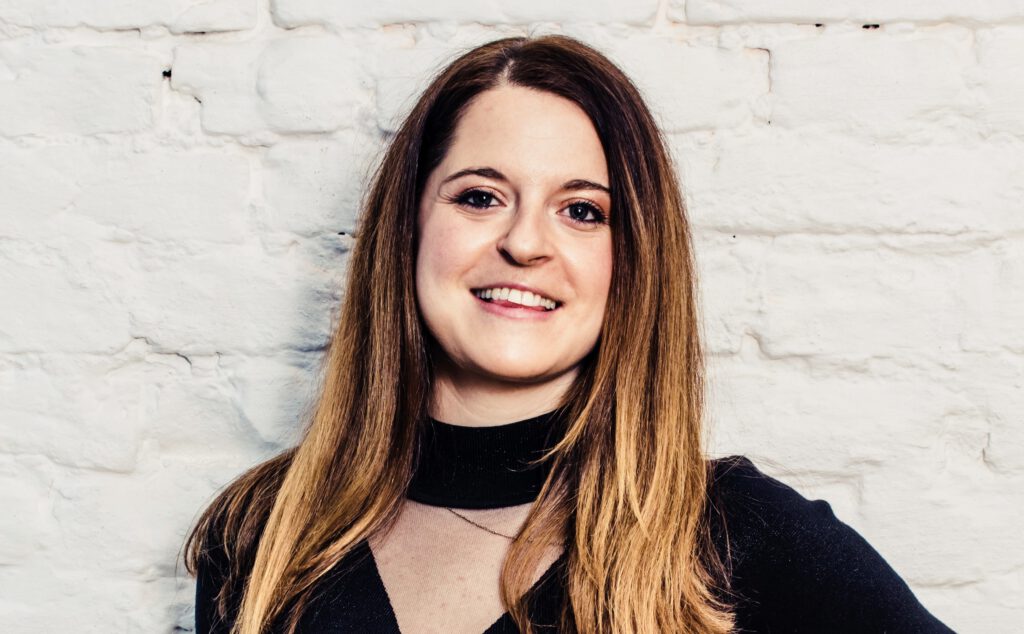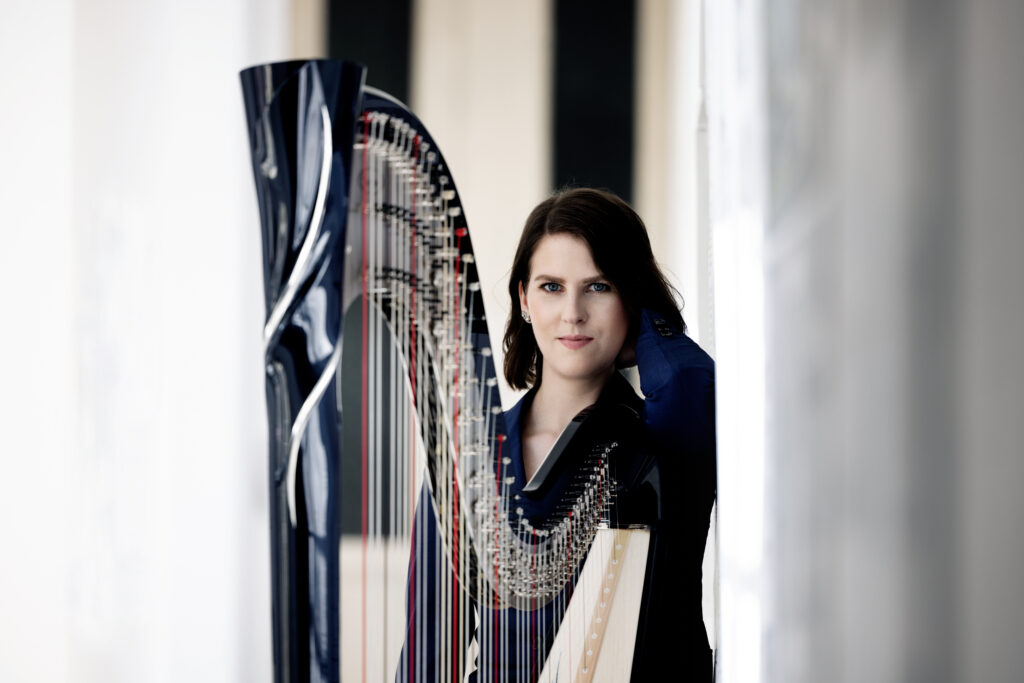Project “musicEmotion” 2019
Visiting the University of Stellenbosch, Cape Town
Read about the activities during our stay from 22 – 29th April 2019:
Tuesday, 23 April
Directly from Cape Town Airport we (Rupert Fankhauser and myself, Philipp Sageder) were fetched by Felicia Lesch and taken to Steenberg High School, to work with the High School Band. There were about 50 kids / teenagers in the age between 14 and 16 (winds, brass, percussion, drums and bass).
All kids coming from families of the surrounding Cape Flats (township milieu) and by the collaboration with “Musiquelaine Project” and Stellenbosch University, these kids have access to musical instruments and musical education.
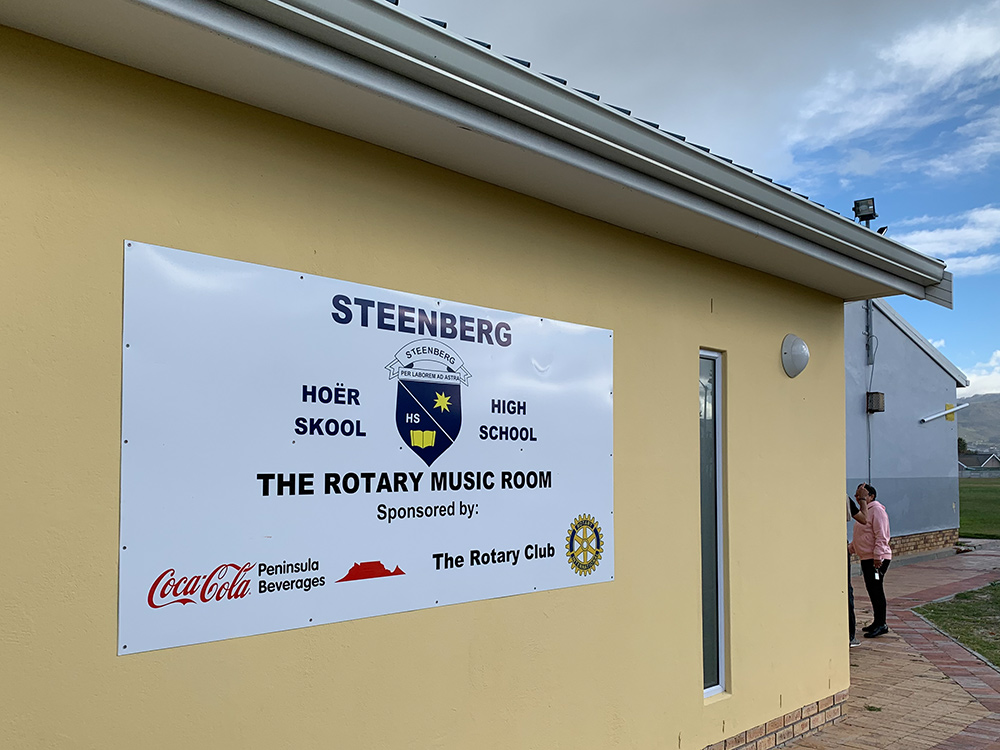
We both worked on pieces of their repertoire, concentrating on musical expression, rhythm, emotion and communication in making music together. To meet these kids was impressive and also touching and a direct insight in South African reality of life.
A big part of them come from very desolate and violent surroundings and as Felicia Lesch and their music teacher Merlin told us, music saved someone’s lives, being the only positive thing they get to know! After the band left, all kids had to be home before darkness!!! We worked with ex-pupils (age 18/20) for another hour, for instrumental (sax, piano), vocal and music theory education. These lessons are given for free to keep contact between the school and these pupils.
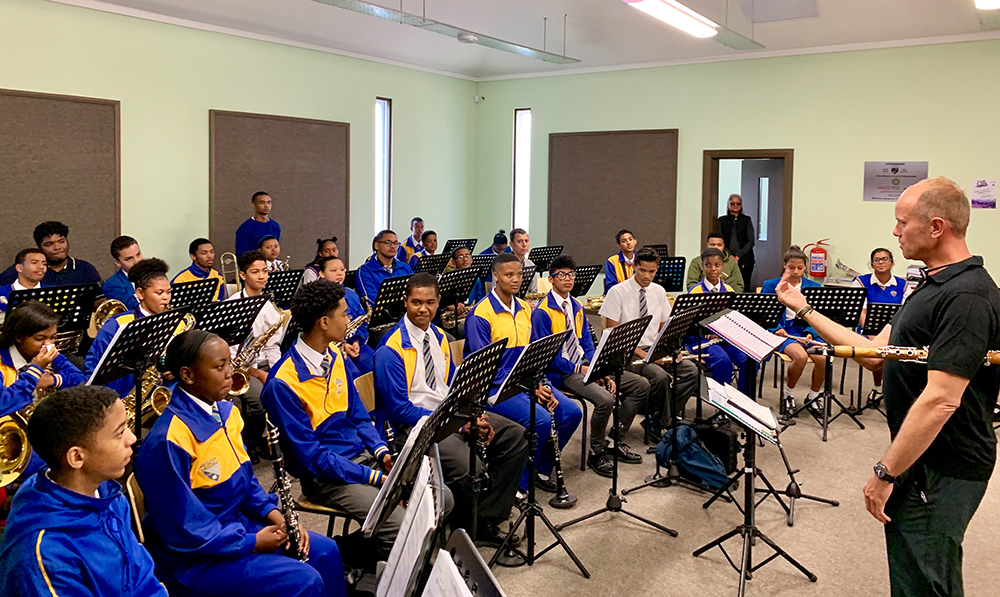
As we could see at the university later on, many of these kids stay with music and by these outreach programs the university recruits new students, specially from the black and coloured communities. This is from high importance for cultural and social development in South Africa.
Mrs. Felicia Lesch as the head of the outreach programs is convinced, that the social aspect is the most crucial contribution to the South African society.
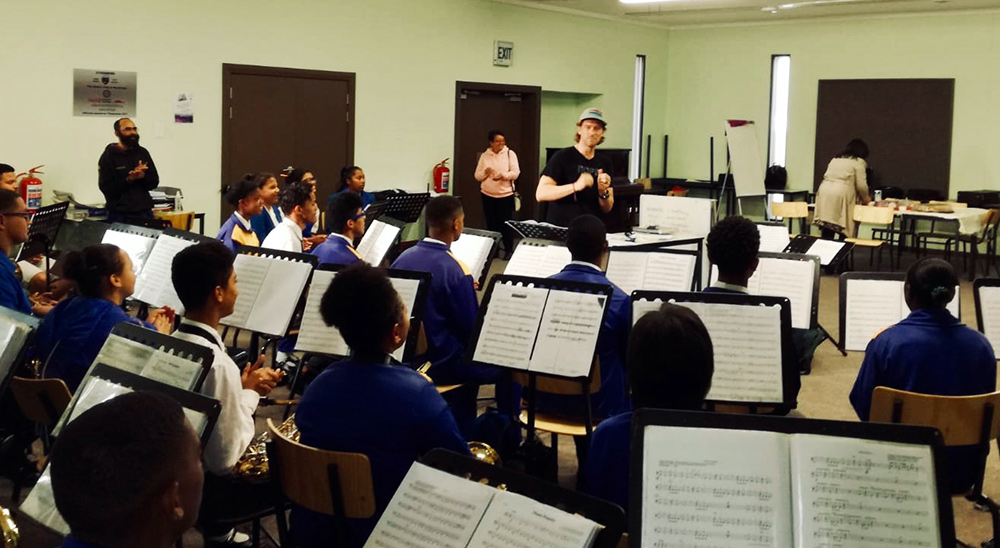
Wednesday, 24 April
Music Department, University of Stellenbosch: Rehearsal with University Jazz Band (30 musicians: piano, guit, bass, brass, winds, drums) together with Mrs. Pamela Kierman. We worked on the Big Band’s repertoire in the same way as we did with the High School Band.
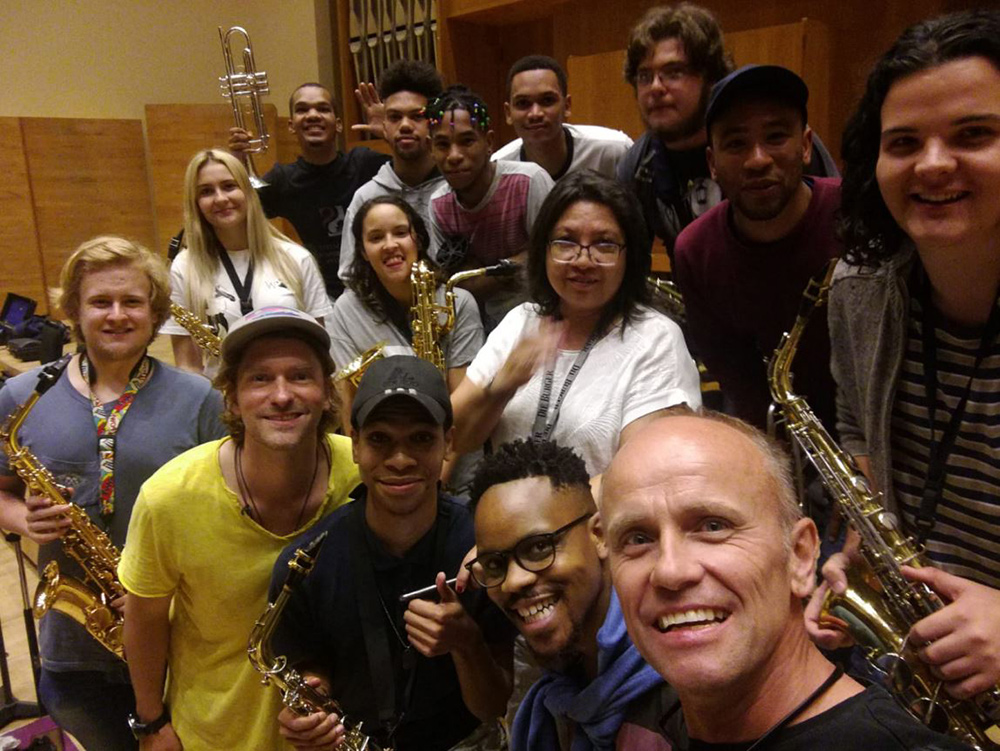
Our Teamteaching concept worked perfectly on these rehearsals, both of us working on certain musical/ movement/ physical topics and both jumping in and putting different aspects vice versa. So to work with a big group of about 30 young and motivated students from all South African communities, black, coloured and white, was great fun and very inspiring.
My colleague Rupert told me: “In my times in South Africa 25 years ago I remember Stellenbosch University as purely white! So many positive chances have taken place since then and the “Rainbow Nation” is getting real also at South African universities.”
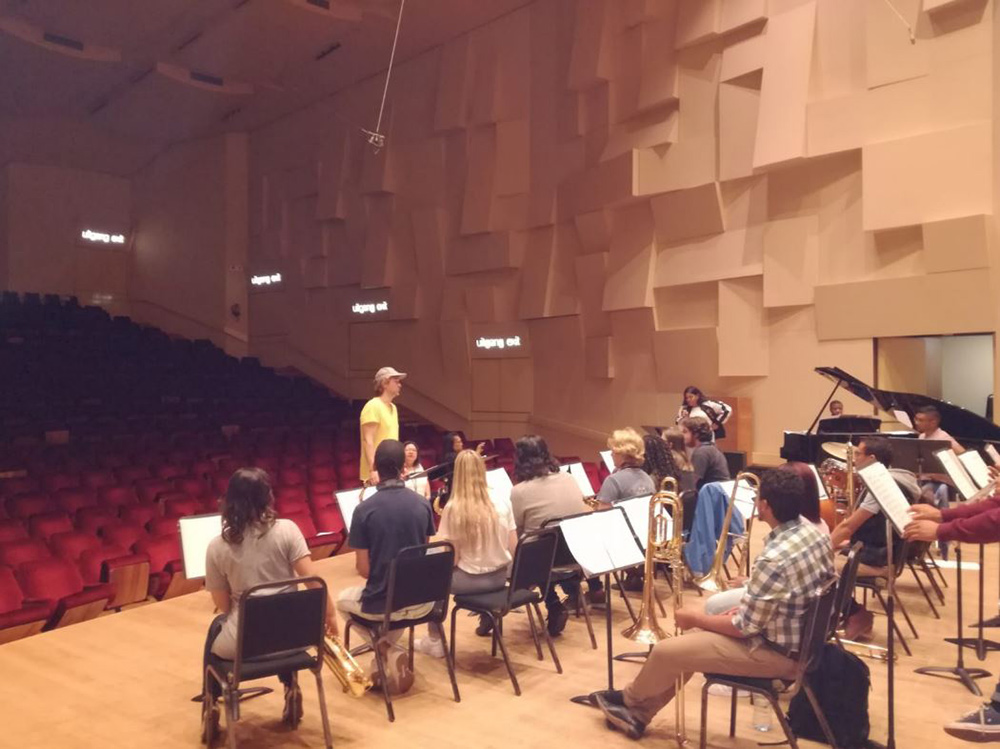
Before the rehearsal with the whole band, Philipp worked with the singer of the band in a solo session and after the Big Band rehearsal, we did another hour of group improvisation together with the rhythm section and about 15 students, who wanted to “stay longer” which demonstrated their enthusiasm!
Thursday, 25 April
Music Department, University of Stellenbosch: Rehearsal with University Wind Band (60 musicians: brass, winds, percussion and bass) together with Mrs. Pamela Kierman and Mr. Corvin Matej (conductor’s education) and work with conducting students.
Same principle of Teamteaching, concentrating on the band, but as it turned out, we put a focus on the conducting students. Not only musical aspects, more on movement, body expression and breathing. As a conclusion after this experience with the conductors and specially after the next day’s master class and breathing workshop we can say, that there is a great lack of work on the body, breathing and movement!
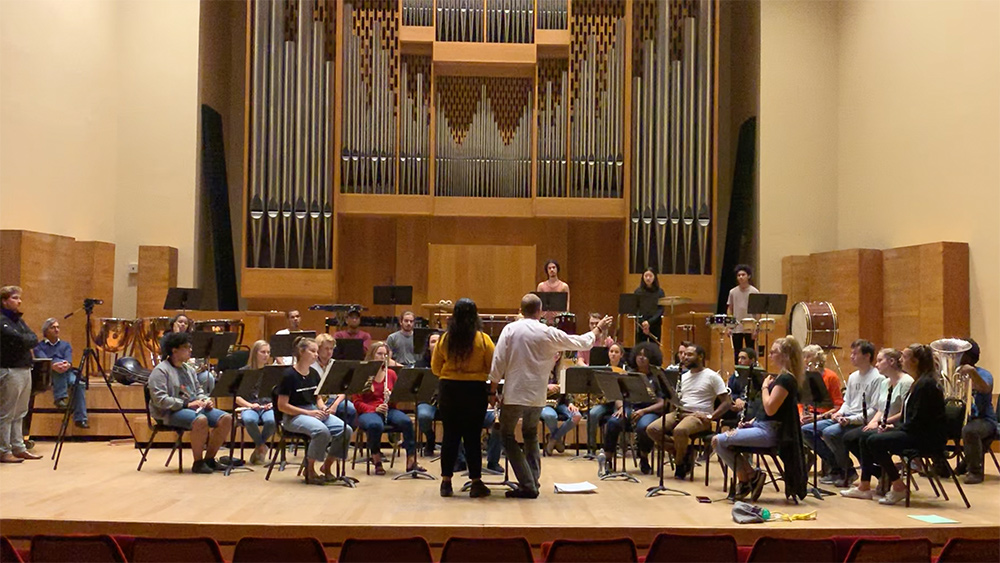
After the Wind Band session, we had the opportunity to listen to a lecture on “Jazz and freedom, and it’s meaning in Apartheid and since the end of Apartheid era by black South African musicians. All the audiences were mainly black and the singing together of musicians on stage and the audience was an unbelievable moment and showed the high musical potential of the black community. The voices and the natural and physical approach to music, movement, singing and dancing should be an important influence on the classical scene.
Friday, 26 April
After the Masterclasses Philipp took part in a lecture about African Music, held by Ncebakazi Mnukwana, where we practised the intricate polyrhythms from various parts of Africa through chants accompanied by traditional instruments. There was an exchange on how notation of all these ancient structures is possible and or useful and where the value of the actual practice – meaning to play and sing together – lies.
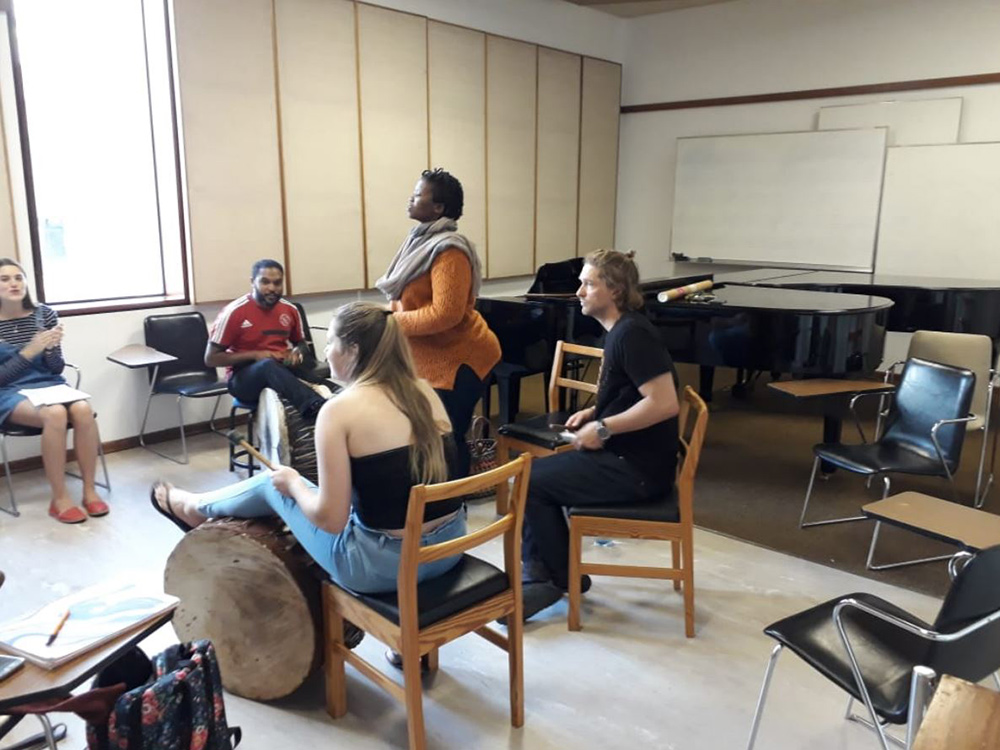
Ms. Mnukwana is a leading force in collecting and practising music traditions from Africa and working closely with institutions in Switzerland and France to spread her research. Because of the request of the students and teachers Rupert did a lecture about “Breathing & Movement & Posture” for woodwind and brass students and teachers (about 20 students). As remarked above, there is really a big need of focussing on the physical aspects in playing music!
While at the mdw itself, the work on the bodily aspect in making music has become normal and knowledge and science is highly developed in the past 20 years by many projects, the education in South Africa in this field is very old fashioned “classical” and conservative.
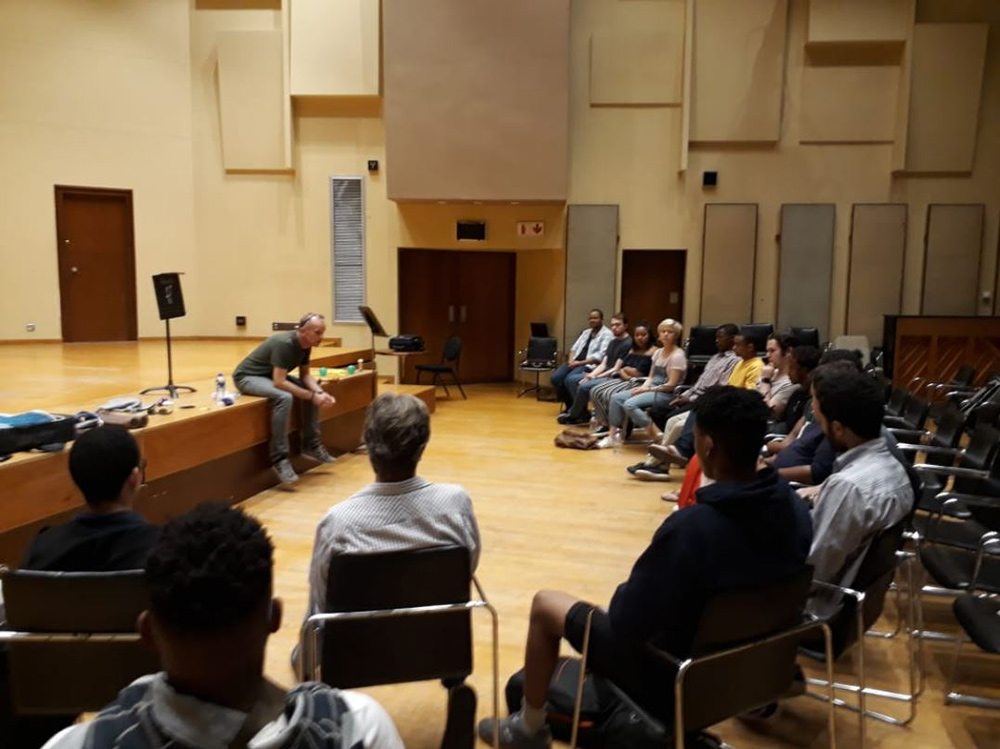
Monday, 29 April
Music Department, University of Stellenbosch: Meeting with the head of the Music departmemt Dr Mario Nell. We spoke about future collaborations between our universities. He wants us to come back as soon as possible. Not only to work with the students at the university but also to take part in different outreach programs in school, but also in other African countries (Malawi, Mocambique, Zimbabwe).
Exchange of curricula would be a special wish, specially the mdw’s pedagogical curricula. So Dr Nell would be interested to visit the mdw in person soon.
Are you a mdw teacher and interested in teaching in one of our partner institutions outside Europe?

